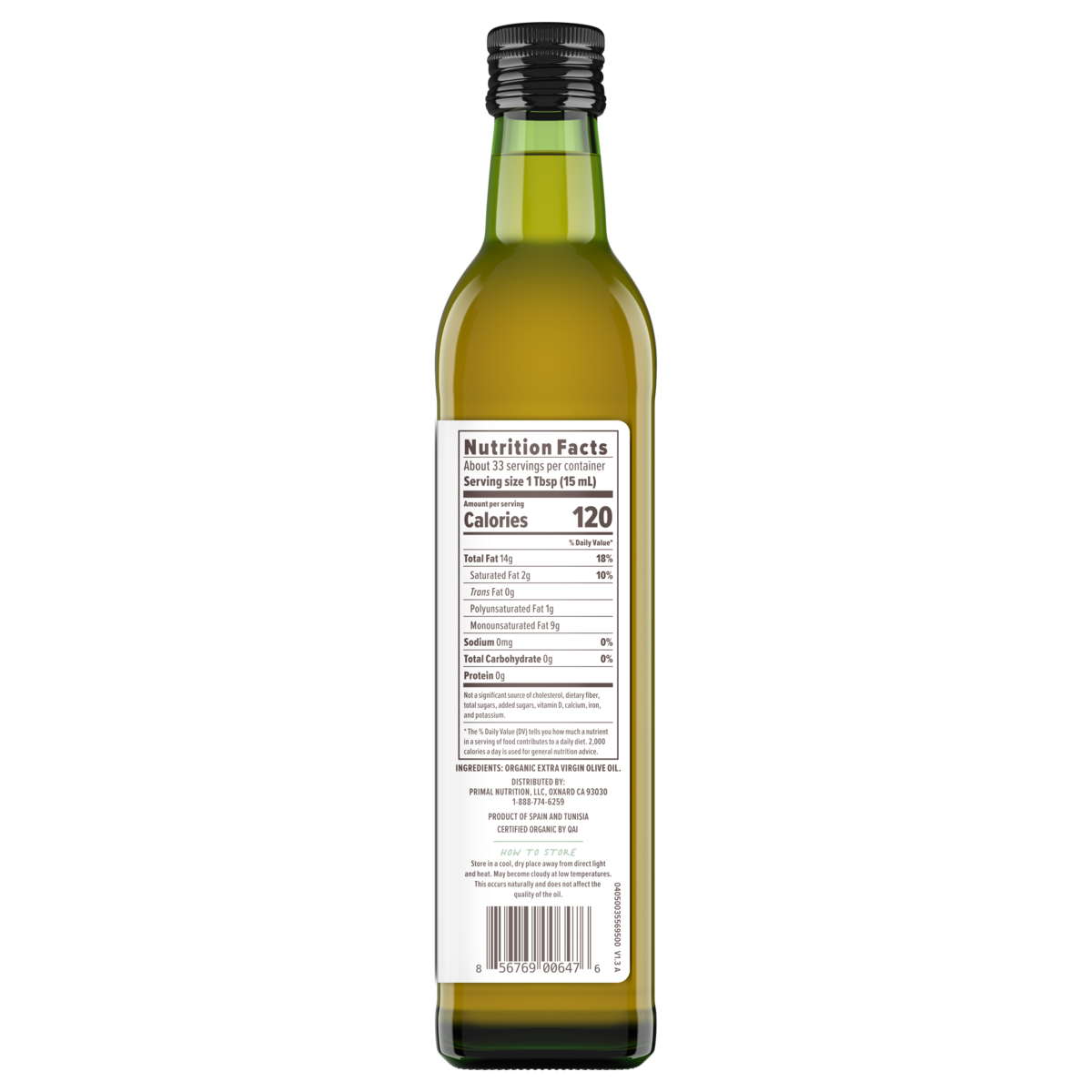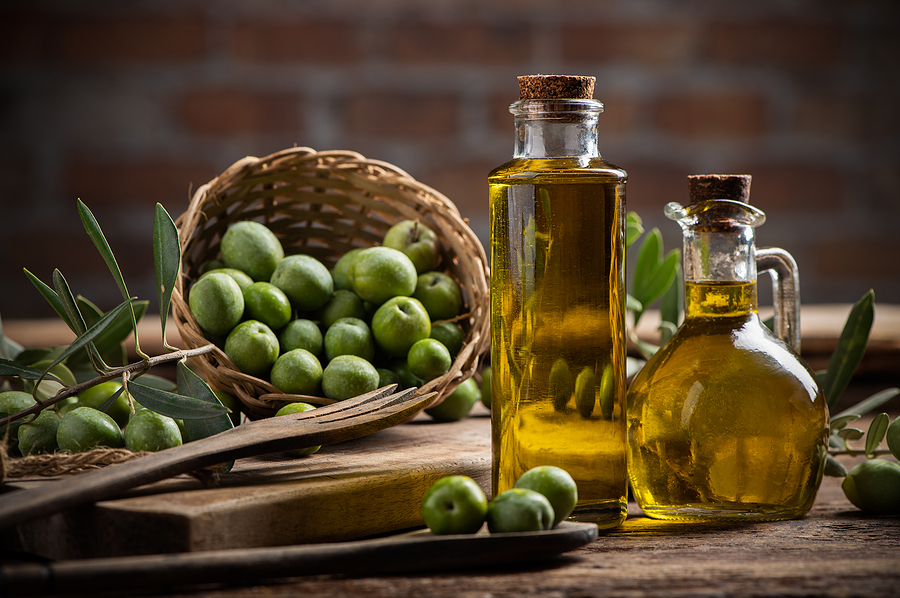Why Extra Virgin Olive Oil Benefits Your Gut and Digestive System
Why Extra Virgin Olive Oil Benefits Your Gut and Digestive System
Blog Article
Checking Out the Different Types of Olive Oil and Their Uses, Consisting Of Bonus Virgin Olive Oil
The expedition of olive oil encompasses a diverse variety of kinds, each offering unique tastes and cooking applications. Extra virgin olive oil, renowned for its superior top quality and health and wellness advantages, serves as a staple in many kitchen areas, yet it is only one element of this complex active ingredient.
What Is Olive Oil?
Stemmed from the fruit of the olive tree, olive oil is a staple in Mediterranean food and a key ingredient in numerous culinary applications. This functional oil is created by pressing entire olives, causing a fluid that differs in taste, shade, and scent relying on the kind of olives used, the region of growing, and the removal procedure. Olive oil is primarily composed of monounsaturated fats, particularly oleic acid, which is recognized for its possible health and wellness advantages, including anti-inflammatory homes and cardio support.
In addition to its cooking usages, olive oil has a long background of application in conventional medication and skin care, owing to its rich antioxidant material (extra virgin olive oil benefits). The oil is typically utilized in dressings, sauces, and for cooking approaches such as sautéing and roasting. Its distinct taste profile can improve the taste of different meals, making it a crucial component for both home chefs and specialist cooks
In addition, olive oil is commemorated for its function in the Mediterranean diet regimen, which is related to countless health and wellness benefits. As awareness of these benefits grows, olive oil continues to gain appeal worldwide as a fundamental part of a healthy and balanced way of life.
Sorts Of Olive Oil
Understanding the various kinds of olive oil is vital for both health-conscious customers and cooking fanatics. Olive oil is categorized largely based upon its removal method and quality, which significantly influences its taste, wellness, and aroma advantages.
:max_bytes(150000):strip_icc()/evoo-7c819bcdd0c343a7bae114cbc9baea2f.jpg)
Light olive oil, in spite of its name, refers to a lighter flavor and not reduced calories. It is optimal for those seeking a more refined preference in dressings and sauces. Furthermore, there are flavorful olive oils instilled with natural herbs, seasonings, or citrus, which can boost dishes without the need for added spices.
Each kind of olive oil offers details cooking functions, and recognizing these differences enables consumers to make informed options that line up with their food preparation designs and wellness goals.
Additional Virgin Olive Oil
Extra virgin olive oil (EVOO) is commonly pertained to as the finest quality olive oil available, well known for its rich flavor and countless health benefits. To be categorized as added virgin, the oil should be generated from fresh olives using mechanical procedures, without making use of solvents or too much warmth. This careful approach maintains the oil's natural tastes, antioxidants, and healthy and balanced fats, causing a product with a reduced acidity level of much less than 0.8%.
EVOO is bountiful in monounsaturated fats, particularly oleic acid, which is linked to lowered swelling and boosted heart health and wellness. It additionally consists of polyphenols, effective antioxidants that might supply safety effects against persistent illness. The flavor account of EVOO can differ substantially depending on the olive selection and region of manufacturing, ranging from fruity and verdant to robust and peppery.

Culinary Use Olive Oil

In cooking, olive oil can be used for sautéing, toasting, and grilling, supplying a healthier option to butter or various other fats. Its high smoke point makes it ideal for numerous cooking approaches, while its antioxidants add to a heart-healthy diet plan. Showering olive oil over completed recipes, such as pasta, fish, or smoked vegetables, can raise tastes and include a touch of sophistication.
Moreover, olive oil plays a substantial duty in cooking, where it can replace standard try this site fats in dishes for bread and breads, imparting dampness and a refined taste. It likewise works as a base for infused oils, allowing chefs to explore Discover More Here flavors such as garlic, herbs, or chili, further expanding its cooking potential. On the whole, olive oil's adaptability makes it important in both home and professional kitchen areas.
Picking Quality Olive Oil
When picking quality olive oil, it's vital to take into consideration several key aspects that affect the item's scent, flavor, and wellness advantages. Primarily, select extra virgin olive oil (EVOO), which is originated from the first chilly pressing of olives and has the highest degree of anti-oxidants and helpful substances. Search for oils that are certified by identified organizations, as this typically ensures adherence to rigid high quality criteria.
The product packaging likewise plays a considerable duty in maintaining the oil's honesty. Select oils stored in dark glass containers or tins to protect against light degradation. Take note of the harvest day; fresher oils provide exceptional taste and dietary worth, so select items that are within 18 months of their harvest.
Be mindful of the preference; a good high quality olive oil must have a balance of fruity, bitter, and sharp notes, showing its splendor and intricacy. By reviewing these aspects, you can guarantee you are picking the ideal olive oil for your cooking requirements.
Conclusion
In recap, the expedition of different types of olive oil check this site out discloses distinctive qualities and applications, with added virgin olive oil representing the pinnacle of quality due to its reduced level of acidity and high antioxidant content. Understanding the different ranges of olive oil permits for notified selections in cooking methods, promoting healthier techniques while enhancing the general gastronomic experience.
Obtained from the fruit of the olive tree, olive oil is a staple in Mediterranean food and a key ingredient in different culinary applications.The most typical kinds of olive oil include fine-tuned olive oil, pure olive oil, and light olive oil.Additional virgin olive oil (EVOO) is widely related to as the highest top quality olive oil offered, well known for its rich flavor and many wellness benefits. Opt for additional virgin olive oil (EVOO), which is obtained from the initial chilly pressing of olives and includes the highest possible levels of antioxidants and beneficial compounds.In summary, the exploration of various types of olive oil reveals unique characteristics and applications, with additional virgin olive oil standing for the peak of top quality due to its reduced acidity and high antioxidant material.
Report this page